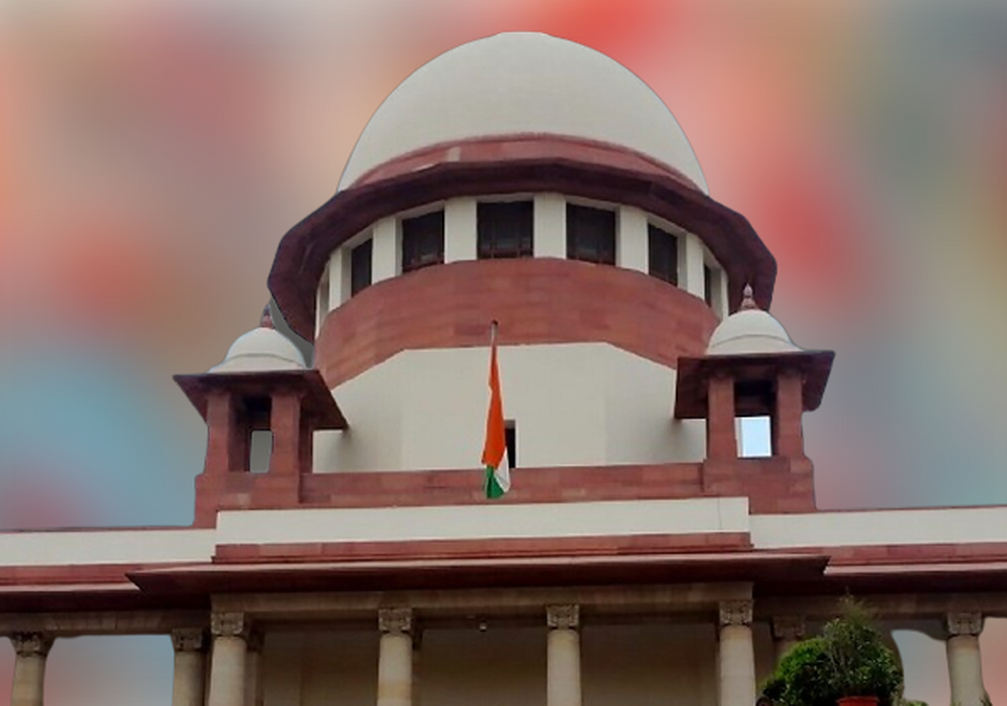Man cannot shirk from moral responsibility & obligation to maintain his family, says Punjab & Haryana HC while confirming order of maintenance

Read Judgment: Naval Kishore Aneja @ Shammi v. Bindu and Others
Monika Rahar
Chandigarh, January 25, 2022: While dealing with a petition filed by the claimant-wife seeking the enhancement of the maintenance granted by the Family Court, the Punjab and Haryana High Court has held that it is the moral responsibility and obligation of a man to take care of his family and he cannot shirk from the same.
The Bench of Justice Suvir Sehgal further observed that from the material on the record, it was established that the husband was a man of means and he had sufficient income to support his wife and daughters.
The Court was dealing with two petitions filed by the husband and wife, separately against an order of the Family Court. In the first petition, the husband sought setting aside of the order of the Family Court (Additional District Sessions Judge), Rohtak, while with the second petition, the wife and her minor daughters sought modification of the said order for enhancement of the maintenance awarded by the Court below. Family Court by the impugned order directed the husband to pay interim maintenance of five thousand rupees per month to each of the claimants from the date of filing of the application.
The marriage between the parties was solemnized in 2005 and two daughters were born out of this wedlock. It was the case of the wife that she was harassed and physically assaulted for not being able to give birth to a male child and for bringing insufficient dowry. She made a complaint to the police after she was inflicted with injuries by her husband and his family. She along with her minor daughters was thrown out of the matrimonial home.
The husband filed a petition under Section 13 of the Hindu Marriage Act, 1955 however the same was withdrawn due to a compromise and the wife started residing at her matrimonial home. However, the situation persisted and demand for more dowry was further made, as a result of which the wife turned out of the matrimonial home and submitted a complaint with the police.
The claimant-wife contended that she worked as a teacher in a private school and was drawing a salary of Rs 6,000 which was not sufficient to sustain herself and her daughters. She invoked Section 125 of Cr.P.C. and sought monthly maintenance of Rs 1 Lakh from the date of filing of the application besides litigation expenses. She also claimed the grant of interim maintenance.
Along with her petition, the wife filed an affidavit of assets and liabilities claiming that she has been spending Rs 30,000 per month on her and her daughters’ living and education expenses. She also claimed that the husband did not pay her anything and her expenses were primarily met from the financial support given by her father and brother.
The husband, on the contrary, denied all the material allegations as well as the fact that he is earning more than Rupees 2 Lakh per month, rather he contended that the wife was earning thirty thousand rupees while working as a Computer Teacher and he also submitted that the wife had additional income from a Cosmetic Shop that she ran.
Without getting into the merits of the allegations and counter-allegations levelled by both the parties against each other, the Court noted that they were at variance on why the wife left her matrimonial house with her children. The Court made a note of the affidavit of expenditure filed by the wife and the lack of such an affidavit of assets and liabilities on part of the husband.
The Court also observed that the husband admitted the factum of owing two shops let out on monthly rent and also having ownership of a property having room constructed for the purpose of renting out. The Court also observed that there was nothing on the record to show that the wife continued to draw the same salary as was claimed by the husband.
Therefore, the Court concluded that the award of interim maintenance of five thousand rupees for each of the claimants was not unreasonable or excessive. Thus, opining that there was no illegality or perversity in the impugned order of the Family Court, the Court dismissed both the petitions.
Sign up for our weekly newsletter to stay up to date on our product, events featured blog, special offer and all of the exciting things that take place here at Legitquest.




Add a Comment